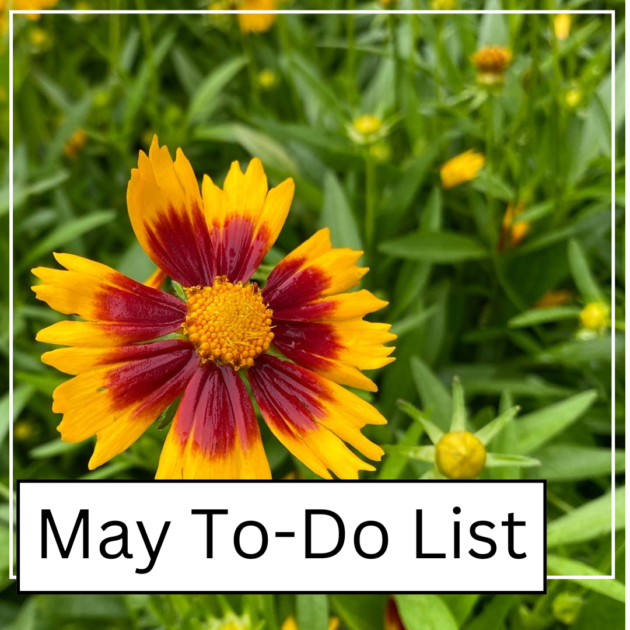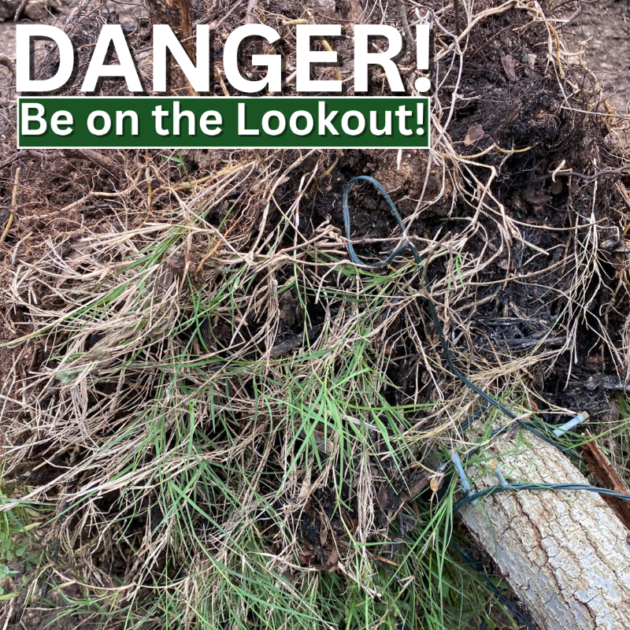May 2, 2024

May Garden To-Do:
Even though it has been a pretty cool spring so far, we must prepare ourselves for a potentially hot summer. Here we have listed some things to do in your garden to best prepare for intense summer conditions:
Feed Your Garden (The Right Way)
-
Healthy soil is built with good fertilizers and organic matter (compost). A lot of native plants would do just fine with compost but Microlife fertilizers give your garden that next-level boost:
-
Natives: Microlife 6-2-4 provides balanced nutrition
-
Lawns: Microlife 6-2-4 and Microlife 0-0-4 humates build healthy soil and drought resilience
-
Veggies: Microlife's 6-2-4 acidified fertilizer supports thriving vegetables
-
Combo Power: Granular fertilizers deliver a steady supply of nutrients over time, while liquid fertilizers (like Microlife's Ocean Harvest or targeted bloom boosters) provide an instant pick-me-up when your plants need it.
-
There are many other Microlife options to pick from both granular and liquid. Come in and speak to a specialist to see which one is right for your plants!
Mulch, Mulch, Mulch!
Like most professionals in the industry, we recommend a 2-4 inch layer of mulch in your beds:
-
-
Conserves water in the soil
-
Keeps roots cool
-
-
-
Suppresses those pesky weed seedlings
-
Bonus: Mulch feeds a thriving underground ecosystem of microbes, fungi, and nematodes, all working hard for your garden!
-
Watch Out for Pests
-
-
Aphids, spider mites, and more are on the way. Our nursery staff members are the go-to for:
-
Identifying common May pests
-
Natural solutions to protect your plants
-
Photo Help: Snap a picture of the pest and send it our way for quick identification and advice. Email us at info@hillcountrywatergardens.com or text us at 512-560-6788.
-
-
Prevention is Key: Healthy plants nourished with natural fertilizers are more resilient against pests and diseases. But for stubborn problems, a neem oil mix with Microlife Super Seaweed is a powerful combo to fight back and revitalize your plants.
Special Cedar Park Considerations
-
Reap the rewards of your spring planting!
-
Planting guide to use from our Master Gardeners https://txmg.org/williamson/files/Williamson-County-Vegetable-planting-guide-2020.pdf
-
Varieties and guides for different crops
-
https://txmg.org/williamson/vegetable-garden/
-
Community Resources Connect with other gardeners through community gardens, online forums, or plant swaps.
-
-Calvin King HCWG Horticulturist

